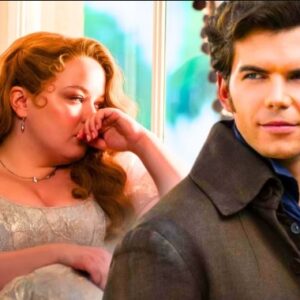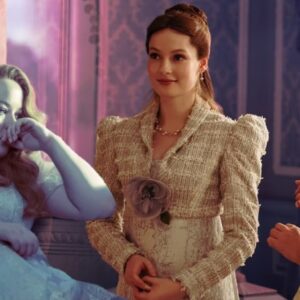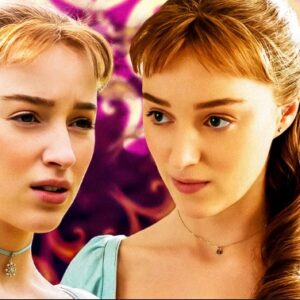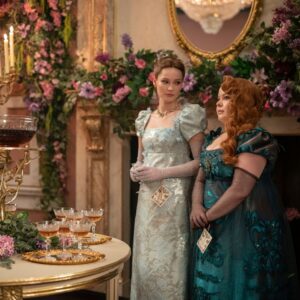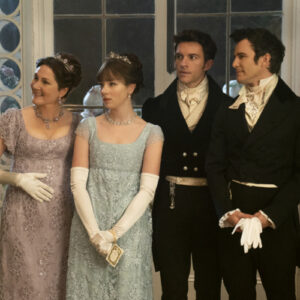Honor Among Thieves honored various Dungeons & Dragons elements, but there was one it couldn’t get right. The show, though, can easily do it justice.
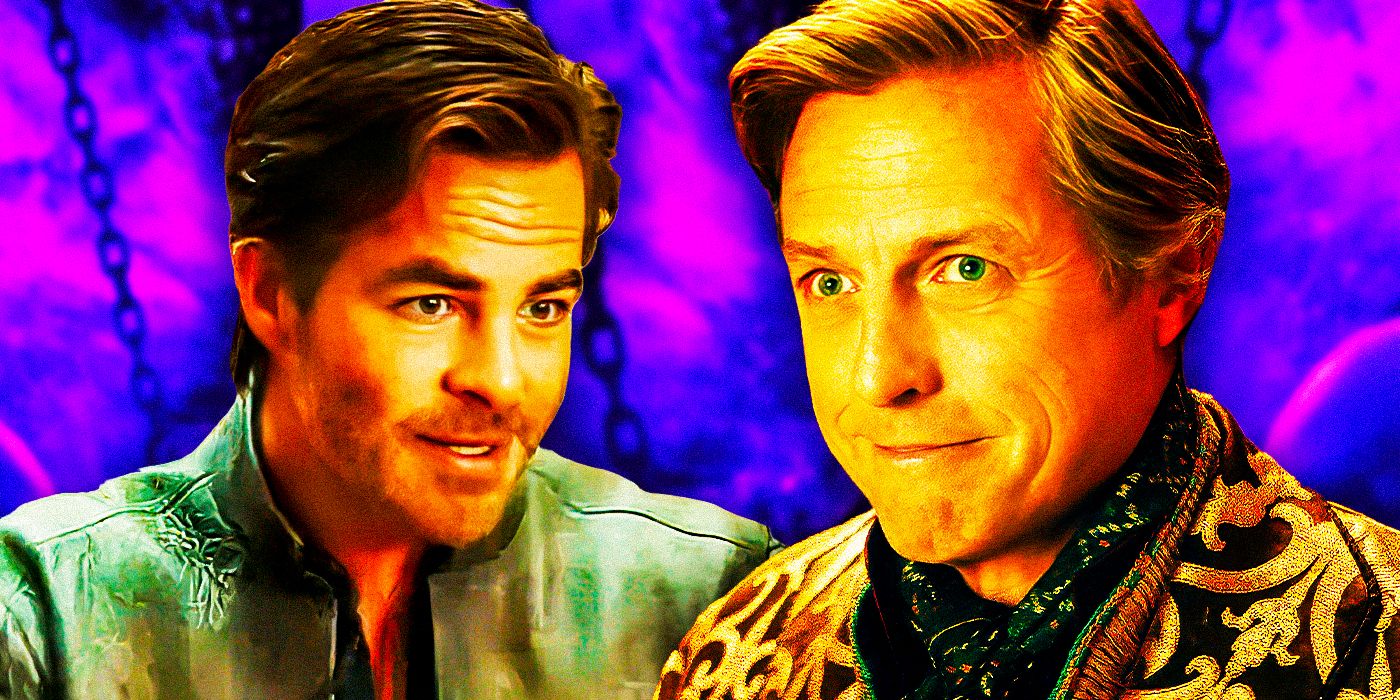
Paramount’s new Dungeons & Dragons show is in an excellent position to adapt a key part of the tabletop game that Dungeons & Dragons: Honor Among Thieves was never going to get right. Regardless of whether Dungeons & Dragons: Honor Among Thieves 2 happens, the first movie won’t be the last time viewers witness a D&D adventure in live action. It’s been confirmed that a Dungeons & Dragons TV show is in development for the studio’s streaming service, Paramount+. Details are sparse, but Honor Among Thieves’ best parts have created high hopes for it.
Though its box office performance left a lot to be desired, the 2023 live-action film received a lot of praise for its accuracy to the world of D&D. Honor Among Thieves included a multitude of locations, races, Dungeons & Dragons classes, monsters, and rules associated with the source material. Clearly, the movie was meant to feel like a live-action version of an actual D&D campaign. But in spite of all the classic concepts it utilized, there was one element of D&D that Honor Among Thieves struggled to work into the story. The upcoming TV show, on the other hand, can easily avoid this issue.
Edgin’s Party Never Truly Progressed In Honor Among Thieves
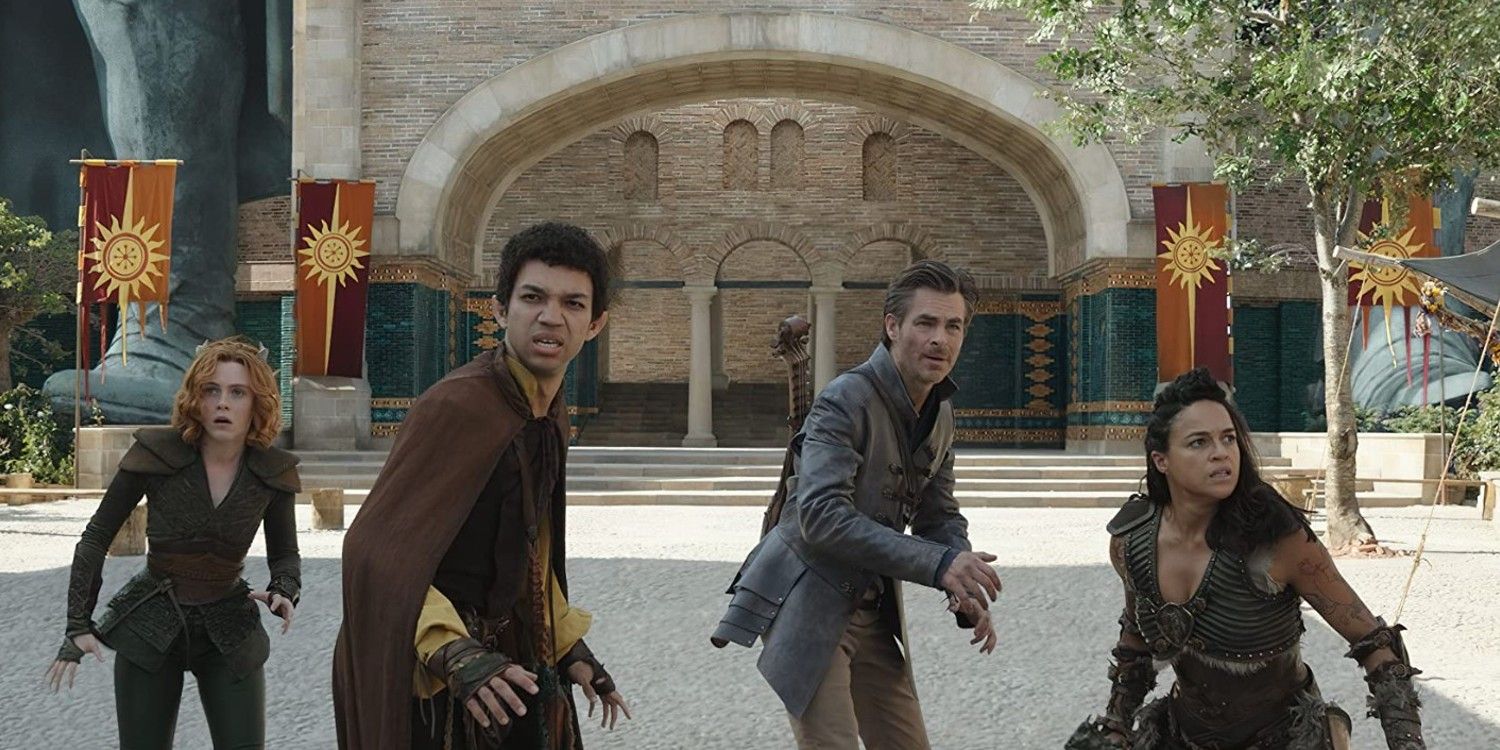
Character progression is a fundamental part of any Dungeons & Dragons campaign. As with most role-playing games, the players’ characters gain experience and level up as the adventure continues. This is more than just a gameplay mechanic, as the improvements to the characters’ capabilities are easy to distinguish. Those who use magic gain access to new and more powerful spells, and warriors become forces to be reckoned with, acquiring more health and higher damage opportunities. How far players can climb is one of the most rewarding aspects of Dungeons & Dragons, as players get to appreciate the positive changes in their characters over the course of the campaign.
While Honor Among Thieves features plenty of character development for its protagonists, true party progression in D&D terms isn’t really a factor (despite its importance to the game.) Multiple D&D rules are applied to characters like Edgin, Holga, Doric, and Simon throughout the movie, but there’s no indication that any of them achieved anything equivalent to a level-up. Their abilities largely remain the same from the beginning of the film to Honor Among Thieves’ ending. The only hero who does get a boost in some form is Simon, but that appears to be a result of an increase in his Charisma score, rather than a level-up.
Why Dungeons & Dragons’ TV Show Can Easily Fix Honor Among Thieves’ Leveling Up Problem
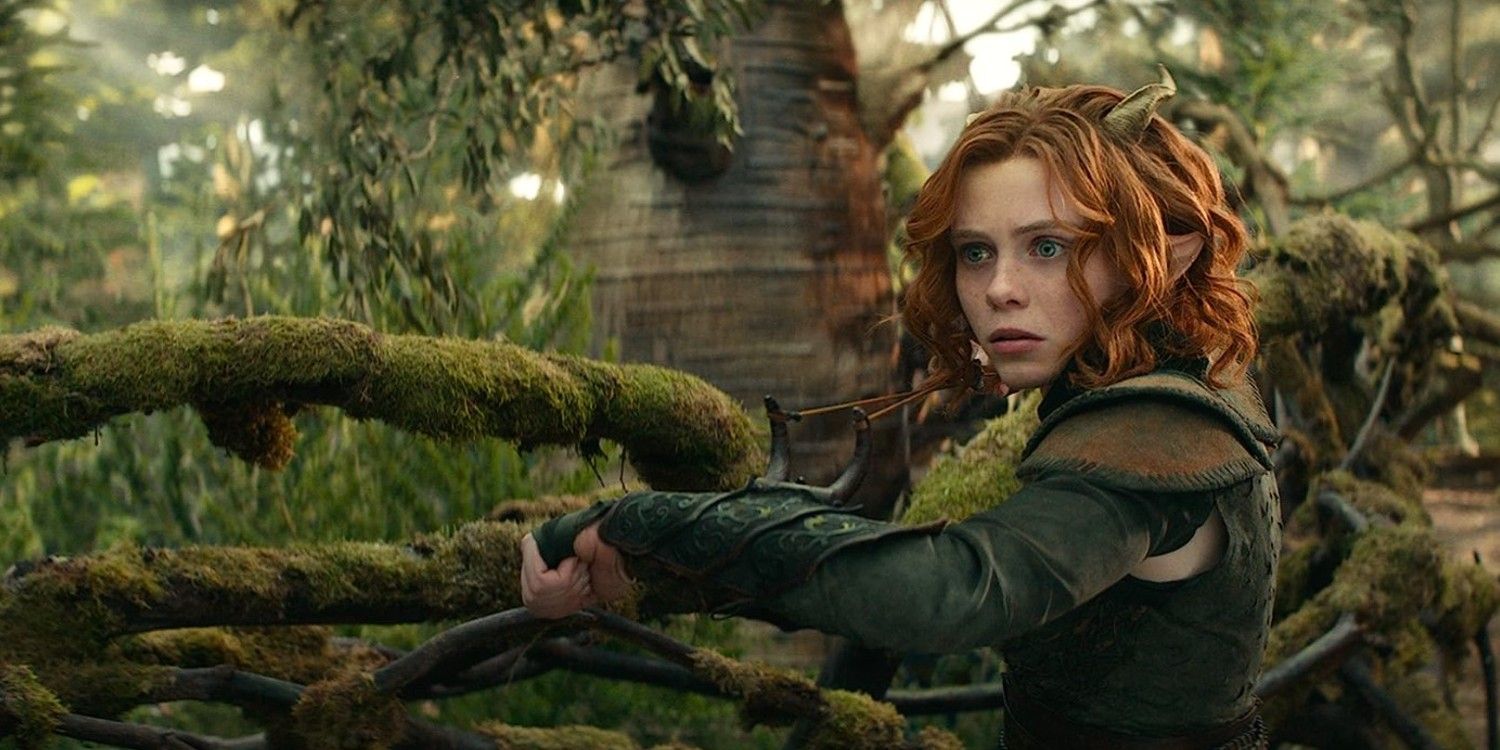
Though no concrete plans have been announced about the story for the Dungeons & Dragons TV show, there’s already a good chance that its party will be able to handle the character progression side of D&D better than the film. Campaigns are meant to be long-term experiences, as there’s no reasonable expectation for a party of adventurers to grow into a high-level, capable team in one tabletop session. Similarly, there were limits on how much Edgin’s party could progress in a movie with a runtime of two hours and 14 minutes. However, a D&D show can sidestep this problem since it’ll be able to play out across multiple episodes, if not seasons.
As a TV show, it’ll have an abundance of opportunities for its heroes to grow stronger. Even in outings when they’re not advancing the main plot, they should be on some sort of adventure, perhaps completing a side quest. Regardless of what form this experience takes, this should result in the characters accumulating levels. This would be quite different from Honor Among Thieves, which had only a few stops in their journey, and some didn’t even amount to them actually defeating anyone and earning experience. For example, it was Xenk who defeated the assassins of Thay, not anyone in Edgin’s party.
Not unlike how other game rules came into play in Honor Among Thieves, the level progression system can be woven neatly into the story – and the action – of the D&D show. That can work if the Dungeons & Dragons show’s main characters are shown using abilities and spells in later episodes that weren’t available to them at earlier points in the adventure. The series could even take things further by showcasing the moments they learn these new powers. If handled correctly, there’ll be a sizable, unmistakable difference in each member of the party when comparing their episode 1 and series finale counterparts.
How The Dungeons & Dragons TV Show Party Needs To Be Different From Edgin’s Group
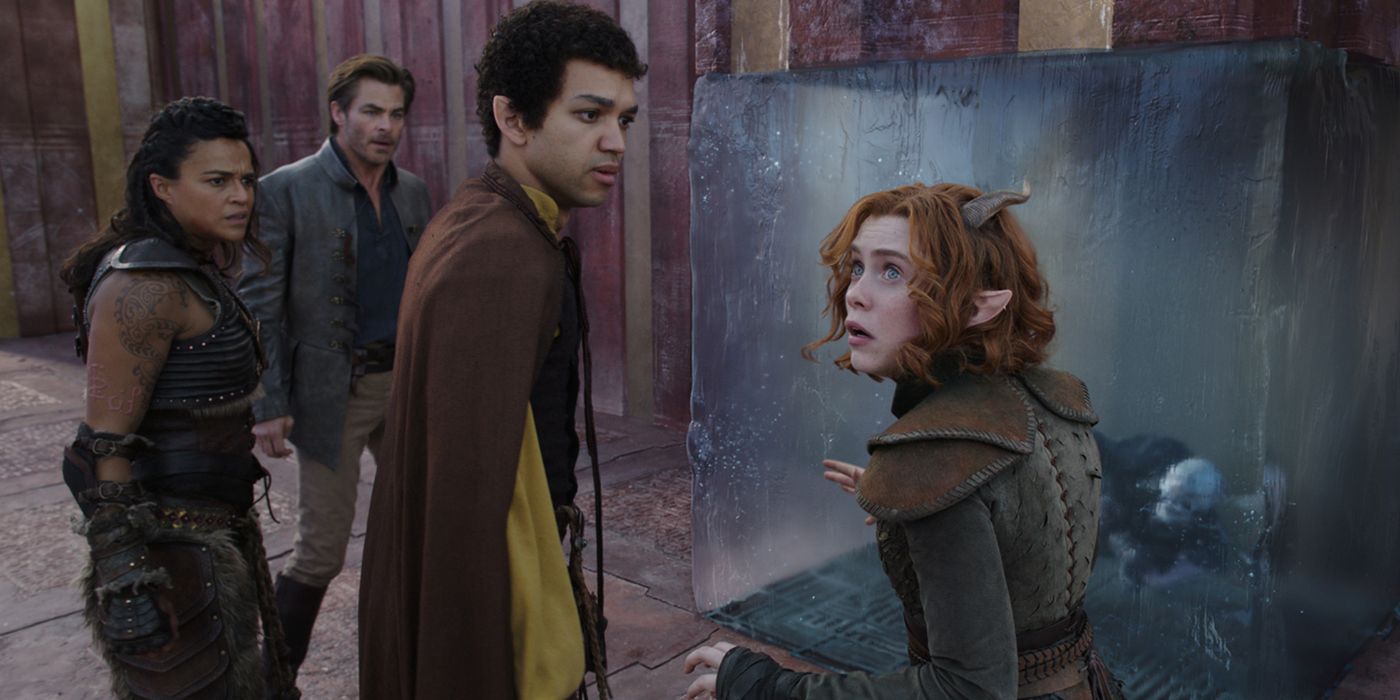

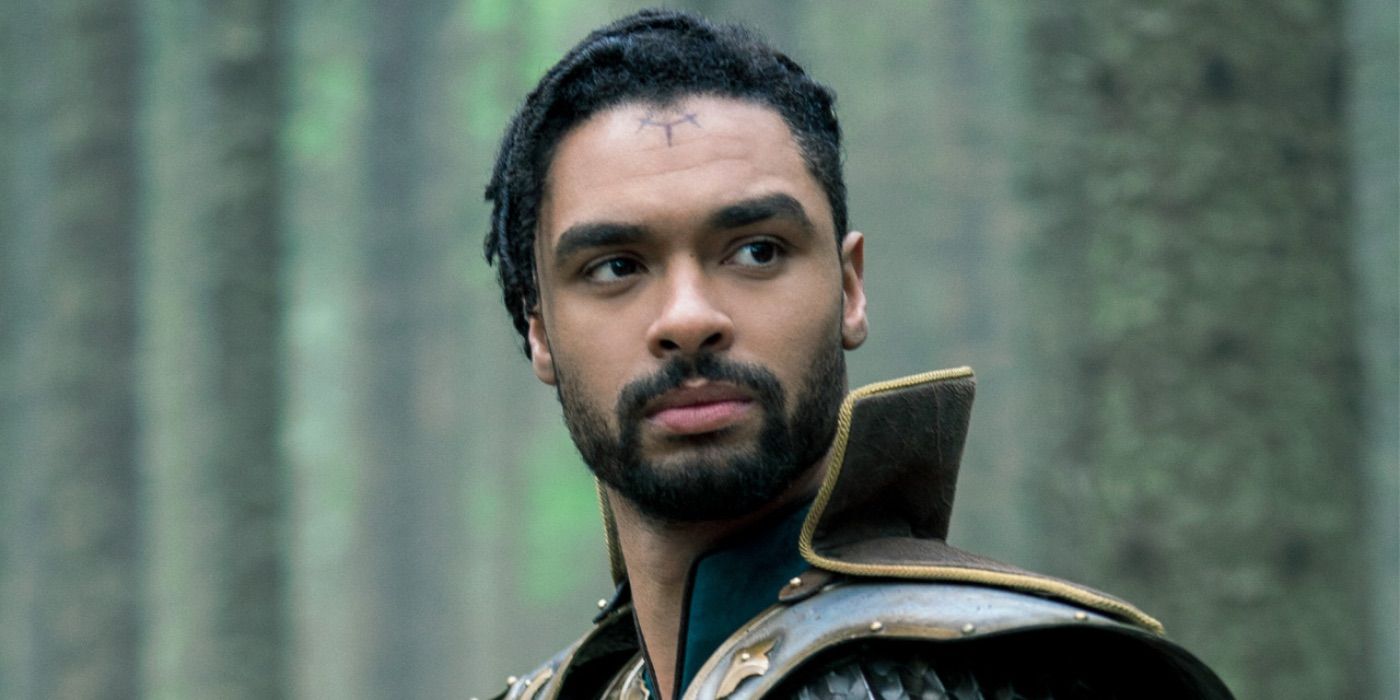
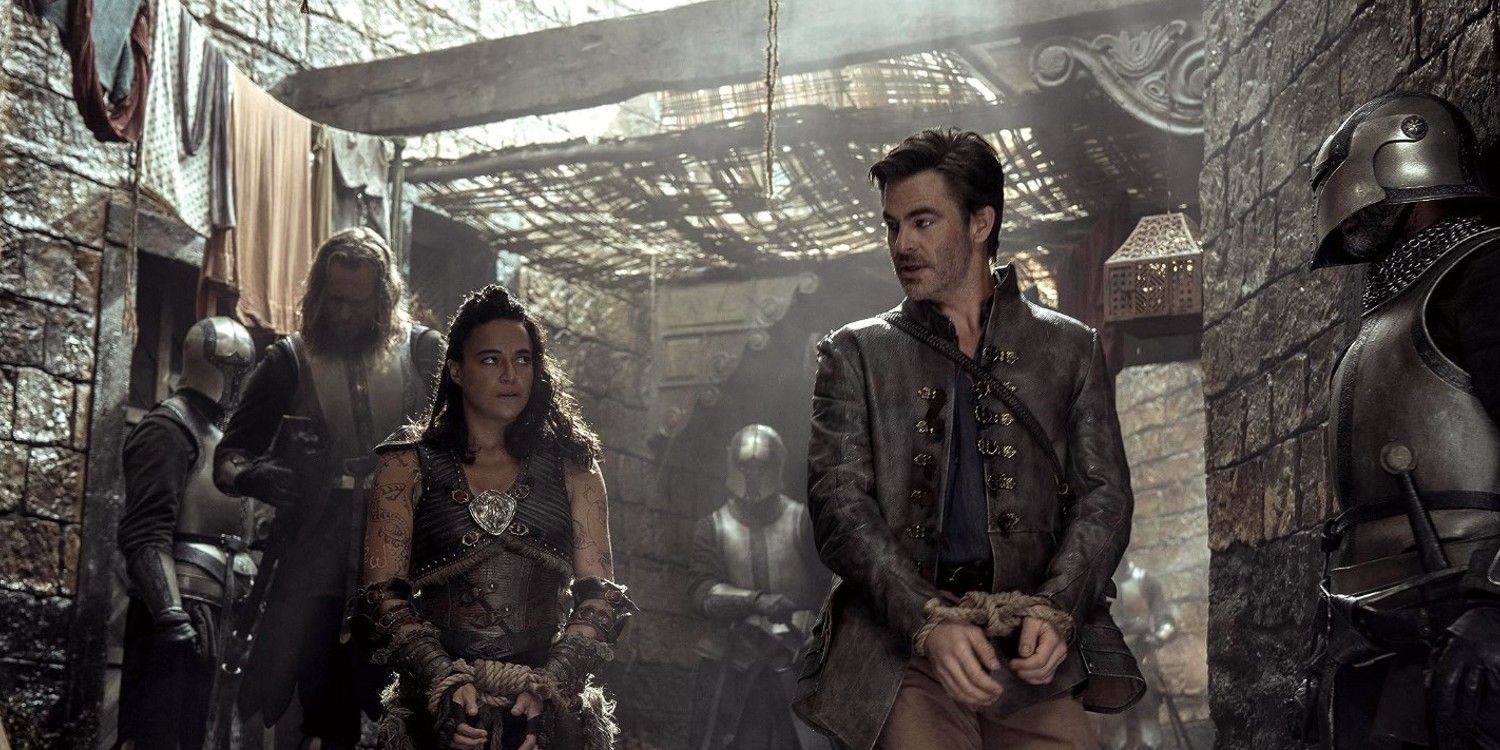
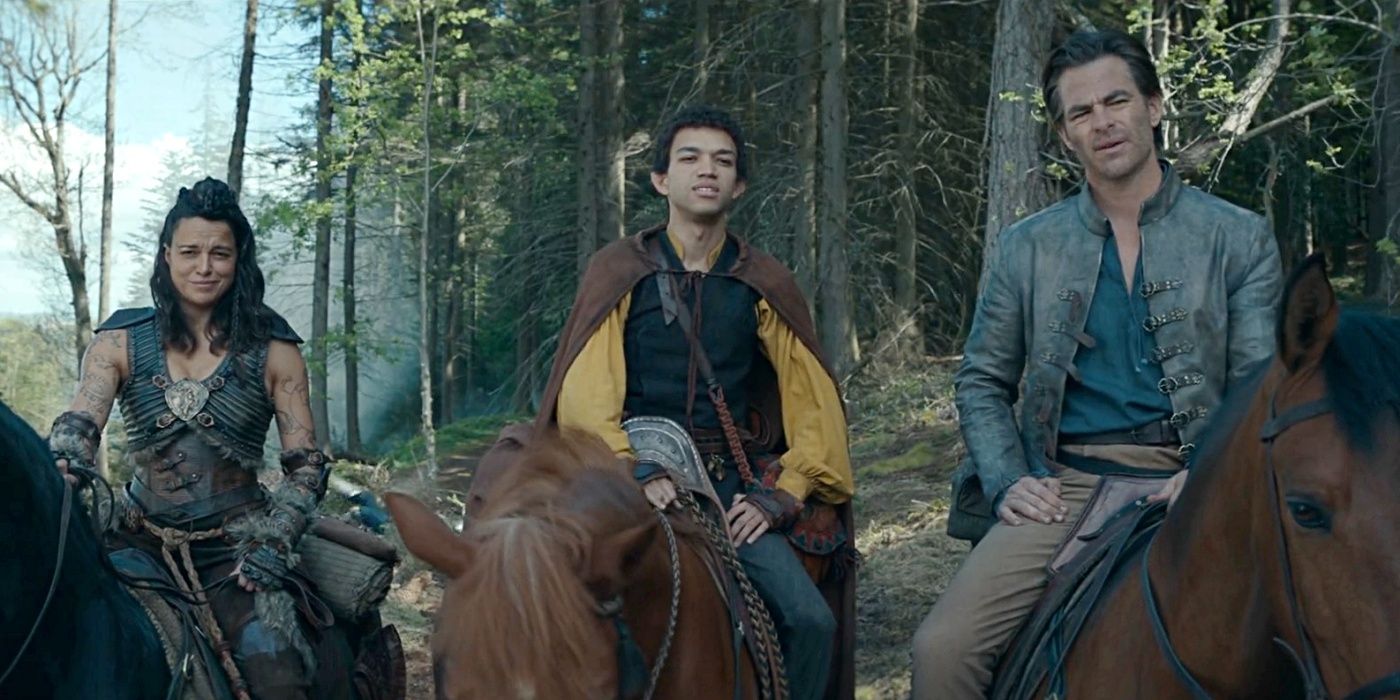
When looking at the advantages the longer length of the story will lend to the show when it comes to developing its central party, it’ll benefit greatly from picking a drastically different kind of team. Honor Among Thieves kicked off with a fairly competent party, as evidenced by Holga’s Barbarian toughness and Doric’s mastery of her shapeshifting Druid powers. Their talents were owed to the fact that most of them were already adventurers. The lack of time may have made this direction necessary for Honor Among Thieves, whereas the TV series should opt for a much less experienced group.
Specifically, it should honor a true D&D campaign by putting together a small gathering of characters who are starting off the story at Level 1. This can be achieved if its story is centered on people who are either just becoming adults or have spent their lives in the confines of cities or villages, meaning that they’d all be rather weak by D&D standards. Circumstances, no matter what they may be, could force them to band together and embark on a quest that officially begins their development in their respective classes. As the story unfolds, the party could pick up new members if they meet people with comparable experience.
Starting off with a party who would be classified in D&D rules as Level 1 characters would be the best way to demonstrate their progression. For instance, a Level 1 Wizard would seem almost useless, as they’d likely have no more than a single, low-level spell – such as Grease or Magic Missile – at their disposal. Their inability to contribute very little at the start of the adventure in the Dungeons & Dragons show could even be used for comical purposes, but would also contrast in an interesting way with what they ultimately become, using powerful spells like Fireball and Time Stop before the adventure ends.
